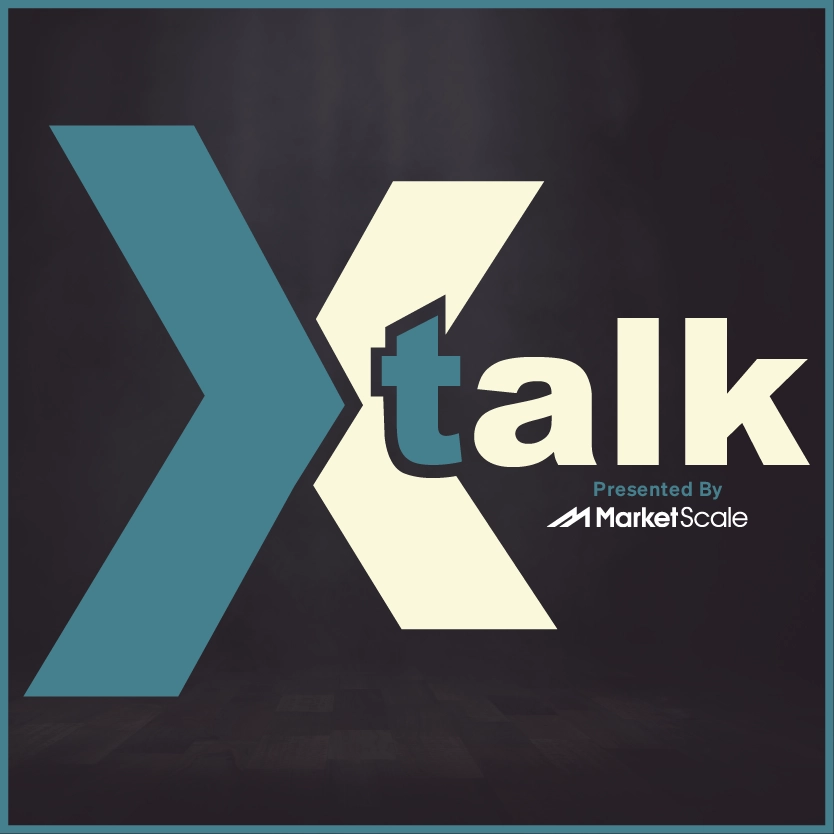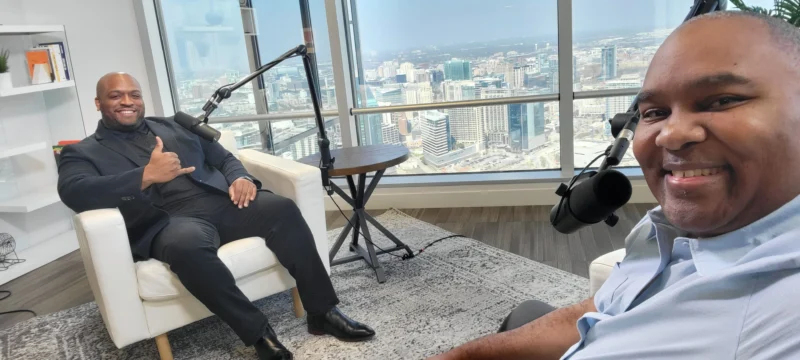Supply Chain Leaders Must Abandon Outdated Routing and Embrace Last Mile Optimization Through Modeling and AI
As geopolitical tensions disrupt global shipping and tariffs create fresh uncertainty in international trade, companies are being forced to reexamine their most vulnerable supply chain segment—the last mile . While upstream operations get the spotlight during crises, the final leg of delivery remains a persistent blind spot. That oversight has consequences: empty trucks, fragmented delivery schedules, and ballooning logistics costs. Amid this volatility, last-mile optimization has become a strategic priority, not just a logistical one.
So, how can companies shift from reactive to proactive strategies in last-mile logistics and unlock efficiency without sacrificing service?
In this episode of Experts Talk, Mat Witte, CEO of Ortec Americas, offers a seasoned perspective on why companies must stop treating the final mile as an afterthought. He explains how legacy habits, poor data management, and outdated technology compound inefficiencies and how last-mile optimization, modeling, and AI can reset the equation. Drawing from decades in the field and fresh dialogue with Fortune 500 leaders, Witte outlines what smart logistics leaders are doing differently today.
Key Takeaways from Mat Witte’s Analysis:
-
Final Mile Chaos Isn’t New—But It’s Still Undermanaged: Crises like tariffs or port disruptions only highlight chronic problems that have existed for decades—driver shortages, fill rate issues, and inventory gaps all contribute to costly redeliveries and safety risks.
-
Legacy Tech Is a Hidden Liability: Many companies still rely on 20-to-40-year-old routing tools that simply digitize outdated processes. Modern logistics demands modeling-based optimization, not just AI bolted on top of broken systems.
-
Over-Servicing Is the Silent Killer: Frequent deliveries often go unjustified. Reassessing service levels based on real demand can reduce costs, improve service consistency, and boost customer satisfaction without adding complexity.
-
Strategy and Execution Must Align: Whether a small distributor or a global giant, logistics teams must align delivery routes with pricing, sales, and capacity strategies. Fragmented decision-making leads to inefficient expansion and underutilized assets.
-
AI is Transformative—but Only With Clean Data: Real-time routing and predictive planning require strong master data hygiene. Without it, AI risks automating bad decisions. Smart companies are now investing in foundational data quality before scaling AI tools.
Mathew Witte is a seasoned supply chain executive and transformation leader with over 20 years of experience in logistics strategy, SaaS growth, and last-mile optimization. He currently serves as CEO of ORTEC Supply Chain Planning Americas and is widely recognized for driving innovation in complex distribution environments, including Fortune 500 operations and startups. A sought-after speaker and advisor, Witte blends operational expertise with a strong focus on data, AI, and organizational alignment to deliver measurable, sustainable results across the supply chain.
Article by Sonia Gossai.




